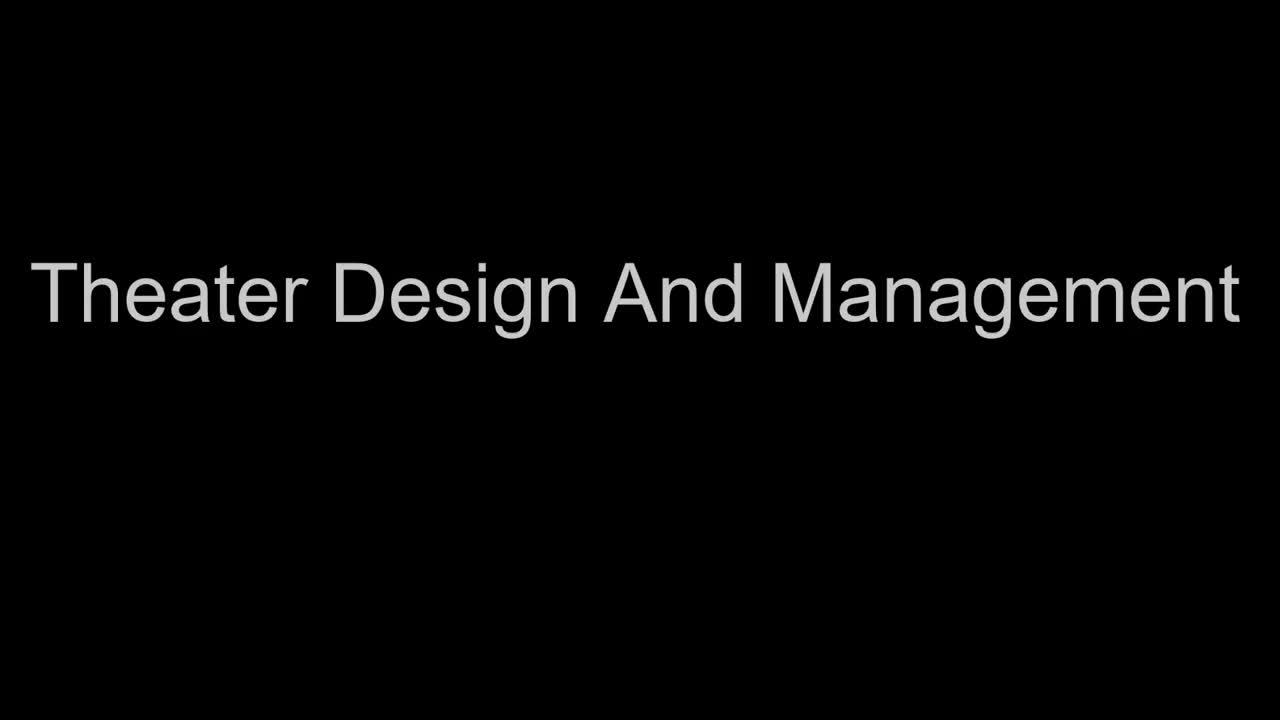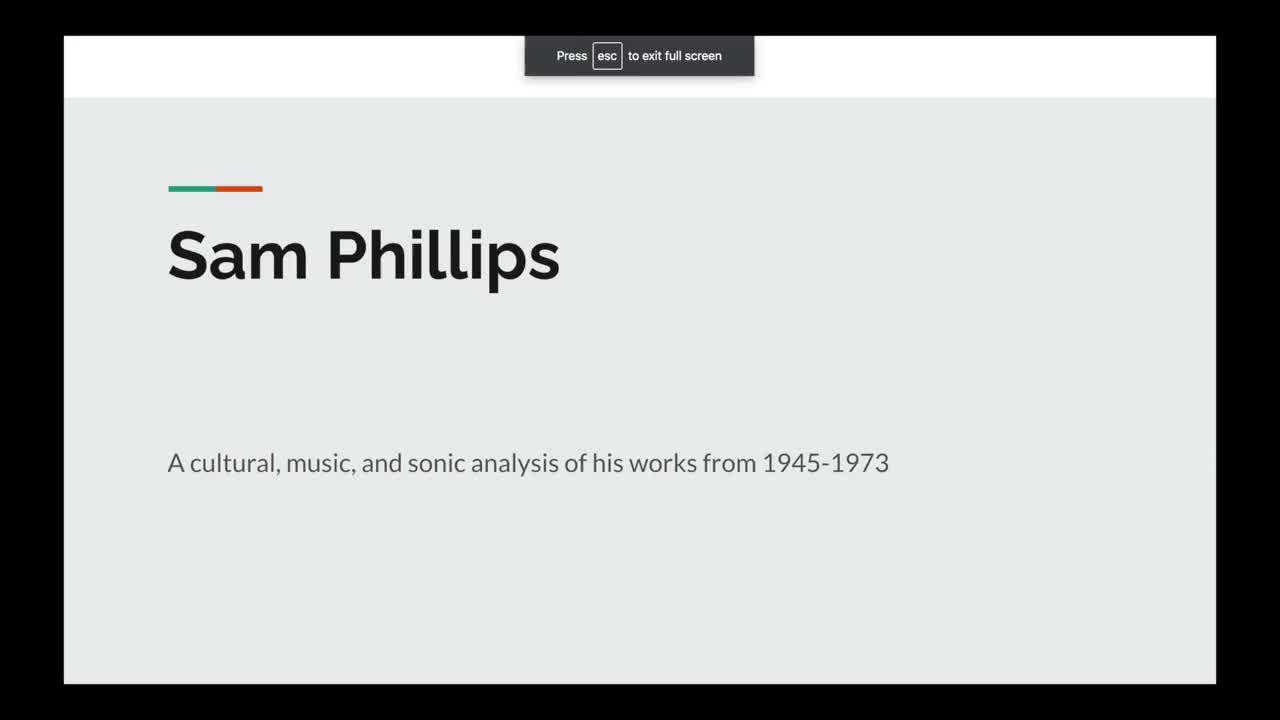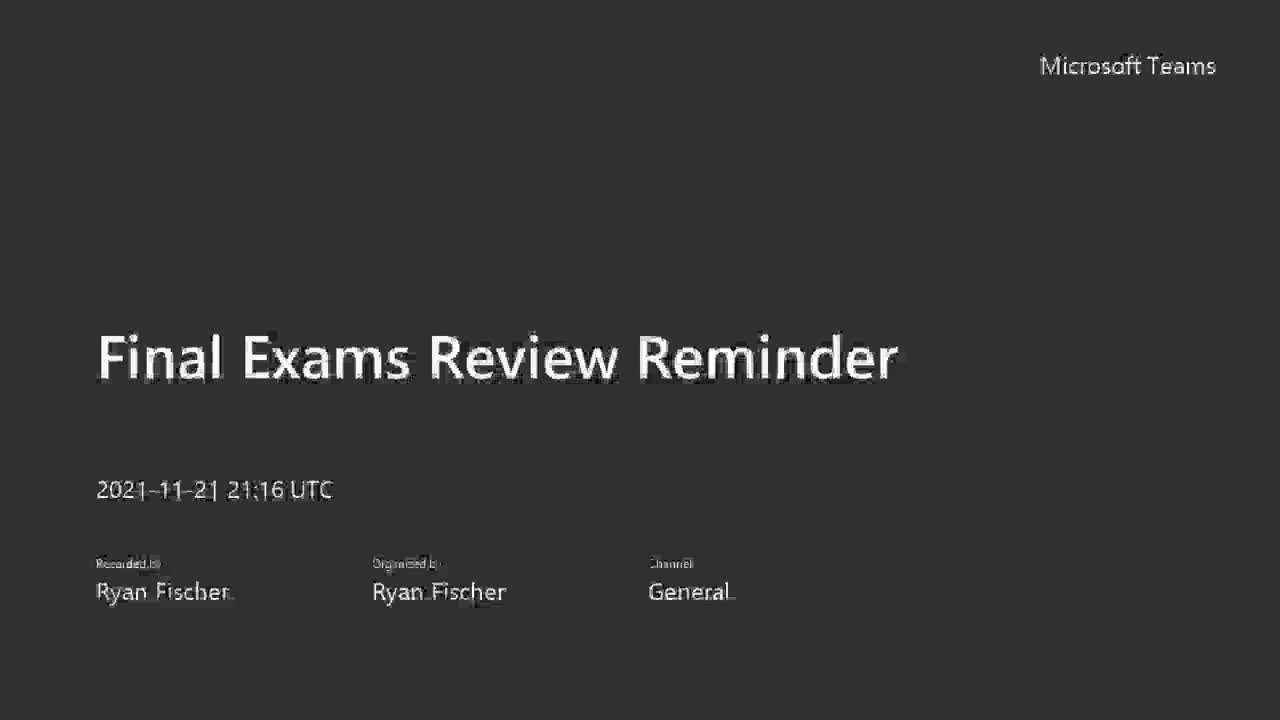Week 4 Lit Terms- Logic
High School / Fine Arts / Design
The Lit terms covered in week four include absolutes, logic, and logical fallacies. Absolutes refer to 0% or 100% ends of the spectrum. For example, saying things like "nobody likes to read" or "everyone knows where the fire alarms are." Using an absolute in a claim can be dangerous, because if a single exception to the all or nothing claim exists than the person making the claim is wrong. if there is proof behind an absolute claim than it can make an argument even more compelling. Just be prepared to prove any absolute claims you make, and know that it's wiser to soften such a claim like with words like "most," "few," "often," and "rarely," rather than all, none, always, and never. For more examples of absolutes, pause the screen and observe the list provided. To understand logical fallacies we have to understand what logic is. Logic is a method of reasoning designed to discover truth as objectively as possible. Logic is not concerned with what makes you happy or sad, only with finding the truth as accurately and reliably as possible. A logical fallacy is: Humans have discerned dozens of such fallacy's but in this course we will be focusing on the following: Appeal to Emotion, Ad Hominem, Post hoc, red herring, straw man, begging the question Consider the definitions and examples of these fallacies, and remind yourself to look for them when writing arguments and to avoid committing them in your own arguments.


















